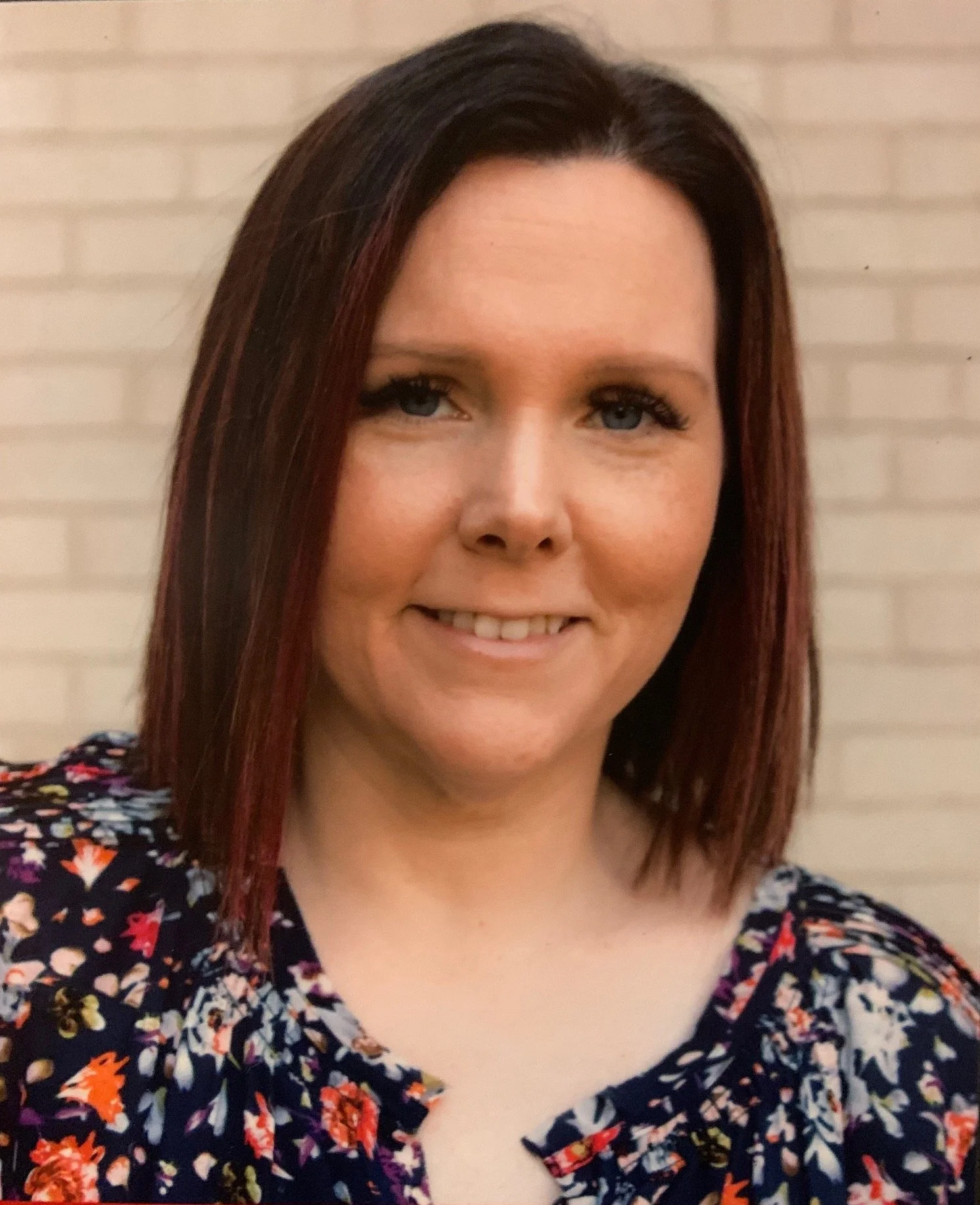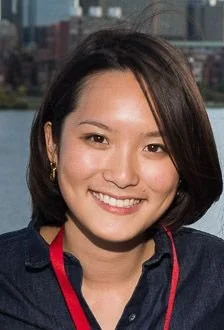Our Team
-

Briana Meier
Dr. Briana Meier is an ACLS Emerging Voices Postdoctoral Fellow in MIT Anthropology, where she is helping to organize the 2022 Living Climate Futures events. She is currently partnering with Se’Si’Le on an initiative to build place-based, cross-cultural solidarity across urban spaces and Indigenous territories. Through her work with Landscape for Humanity, Briana advances community-engaged research on participatory landscape design in transitional housing communities. Briana holds a Ph.D. in environmental sciences, studies, and policy from the University of Oregon. Her master's degree in urban and regional planning, urban design, and real estate is from Portland State University, and she has a B.A. in Environmental Studies and Philosophy from Cornell College.
-

David Shane Lowry
David Shane Lowry, a Member of the Lumbee Tribe, is the Distinguished Fellow in Native American Studies at MIT. His first book, Lumbee Pipelines (under contract with University of Nebraska Press), explores American Indian utilization of colonial conditions to create opportunities that are both uplifting and oppressive. David Shane has a PhD in Anthropology from North Carolina State University and a Bachelor’s degree from MIT, where he majored in Anthropology.
-

Bettina Stoetzer
Associate Professor Bettina Stoetzer is a cultural anthropologist whose research focuses on the intersections of ecology, globalization, and urban social justice. Her forthcoming book, Ruderal City: Ecologies of Migration and Urban Life in Berlin (Duke), demonstrates how human-environment relations have become a key register through which urban citizenship is articulated in contemporary Europe. At MIT, she teaches “Gender, Race and Environmental Justice” and “City Living: Ethnographies of Urban Worlds.”
-

Kate Brown
Professor Kate Brown is a historian in the Program in Science, Technology, and Society at MIT. She is the author of four books, including Dispatches from Dystopia: Histories of Places Not Yet Forgotten (Chicago, 2015) and Manual for Survival: A Chernobyl Guide to the Future (Norton, 2019). She is currently exploring the history of “plant people:” indigenes, peasants and maverick scientists who understood early on that plants communicate and possess the capacity for memory and intelligence.
-

Christine Walley
Professor Christine Walley is the author of Rough Waters: Nature and Development in an East African Marine Park (Princeton, 2004) and Exit Zero: Family and Class in Post-Industrial Chicago (Chicago, 2013). She is working with the Southeast Chicago Historical Museum, filmmaker Chris Boebel, and web designer and artist Jeff Soyk to create an interactive archive and storytelling website that uses objects saved by Southeast Chicago residents and the stories they told about them to explore what it means to be “working class” in the United States. The website is at sechicagohistory.org. At MIT, she teaches graduate and undergraduate courses on environmental struggles.
-

Susy Jones
Susy Jones is Senior Sustainability Project Manager in the Office of Sustainability at MIT, where she works closely with administrative staff, faculty, students, and community members to integrate sustainability into the Institute. Before her arrival at MIT, she was a Program Manager at Northeast Energy Efficiency Partnerships in Lexington, Mass., where she worked to advance regional, state, and local energy efficiency policies. Susy has an M.A. in Urban & Environmental Planning & Policy from Tufts University and a B.A. in English from Bryn Mawr College.
-

Carolyn Carlson
Carolyn Carlson is the Senior Administrative Assistant for MIT Anthropology.
-

Kate Gormley
Kate Gormley is the Administrative Assistant for MIT Anthropology.
-

Amberly Steward
Amberly Steward is the Academic Officer for MIT Anthropology.
-

Heather Paxson
Professor Heather Paxson is Head of MIT Anthropology and part of the editorial collaborative at Cultural Anthropology. She is the author of two books, including The Life of Cheese: Crafting Food and Value in America (California UP, 2013); her edited volume, Eating Beside Ourselves: Thresholds of Foods and Bodies, is forthcoming with Duke UP.
-

Caroline White-Nockleby
Caroline White-Nockleby is a PhD student in MIT’s program in History; Anthropology; and Science, Technology, and Society (HASTS). Her dissertation studies how people in Chile and California create and contest climate futures by debating energy storage projects. She has also worked on environmental justice projects in the U.S. and Latin America, most recently as a research assistant with MIT’s Environmental Solutions Initiative. Caroline has a master’s degree from the University of Cambridge in Anthropology, and a B.A. from Williams College in Geosciences.
-

Jamie Wong
Jamie Wong is a PhD candidate in History; Anthropology; and Science, Technology, and Society (HASTS) at MIT. She researches venture capitalism in China, and how its nested logics of growth, accumulation, and acceleration habituate Chinese publics to new experiences of risk and failure. She received her B.A. in Music from The Chinese University of Hong Kong, and holds a MSt in Musicology and MPhil in Social Anthropology from the University of Oxford.
-

Alex Rewegan
Alex Rewegan is a PhD candidate in History; Anthropology; and Science, Technology and Society (HASTS). Working at the intersection of the anthropology of medicine and agriculture, he uses ethnographic methods to study how North America’s legalizing cannabis industry develops and applies ideas and practices relating to social equity and environmental sustainability. Alex holds an MA in Social Anthropology from York University, Toronto.

